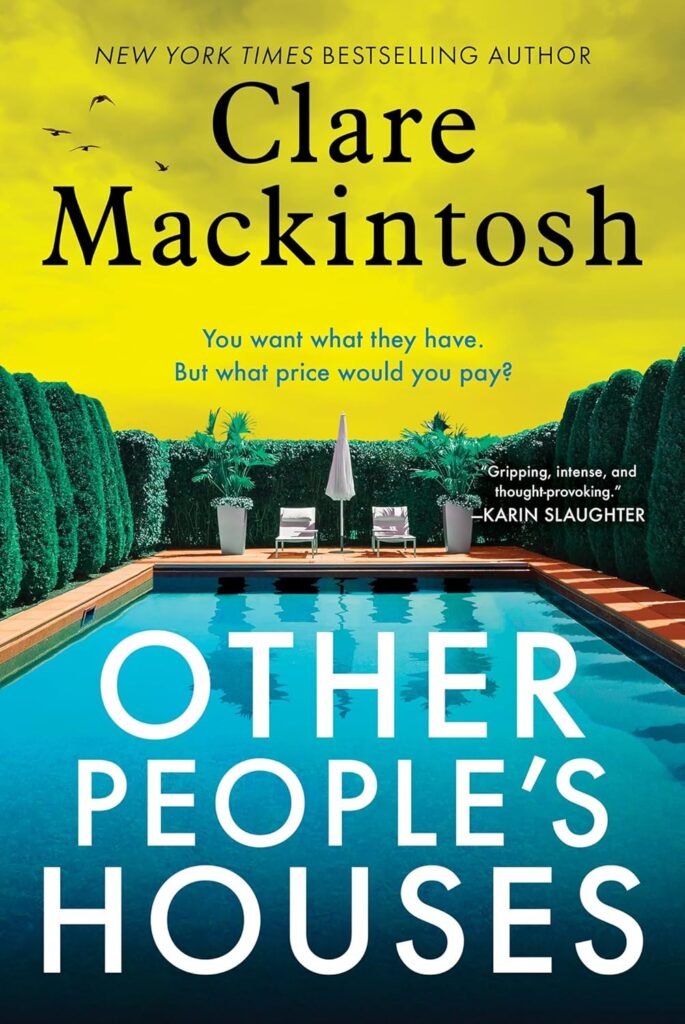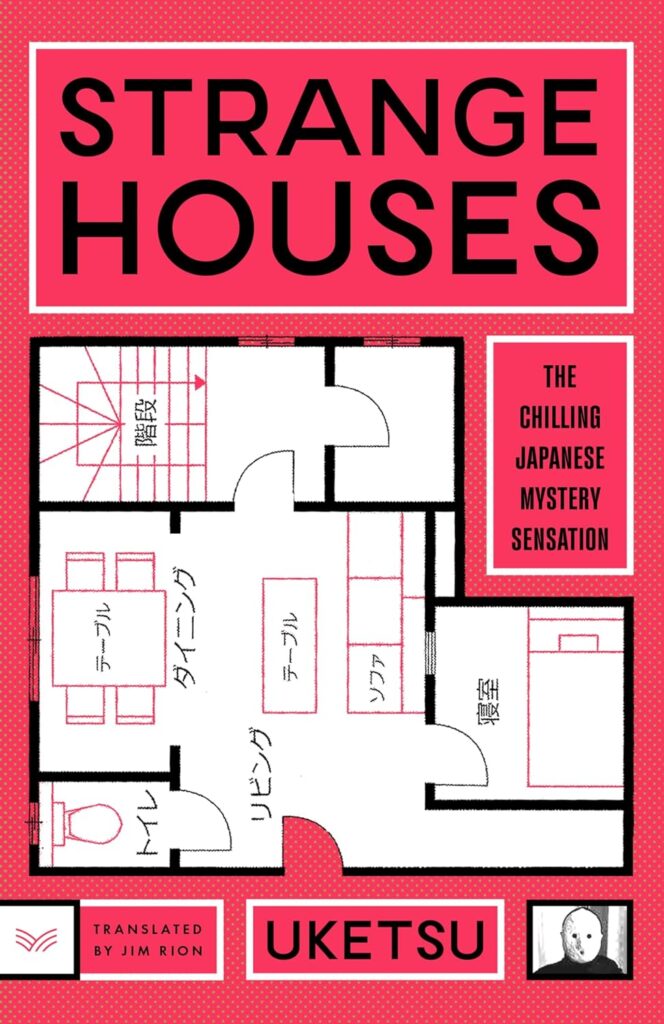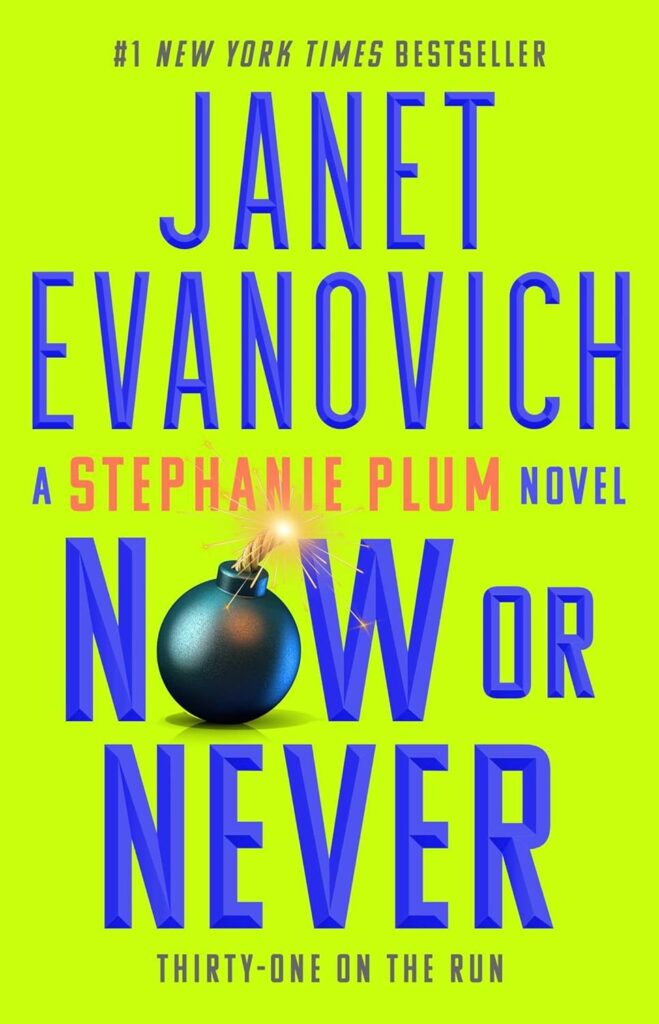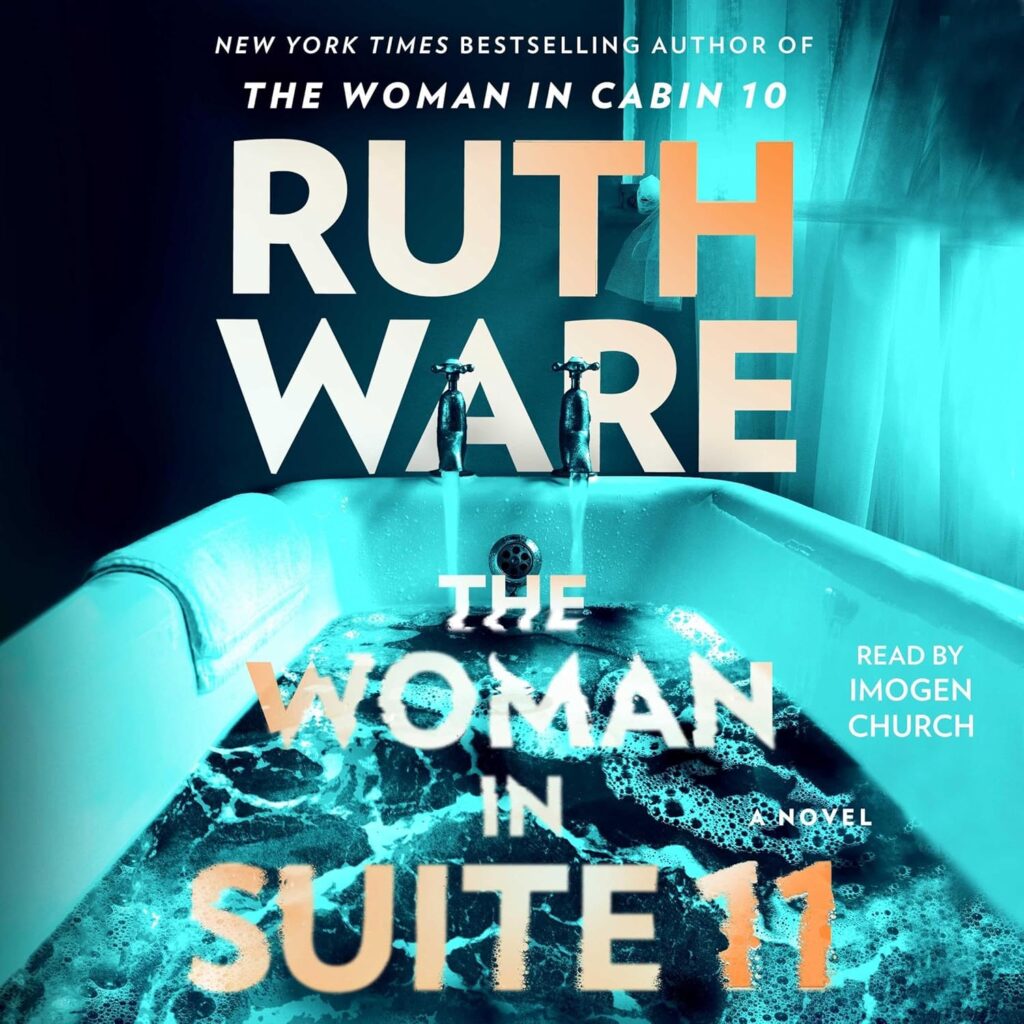Dive into The Lost Bookshop by Evie Woods, a dual-timeline masterpiece woven with secrets, courage, and the enduring power of books. Our detailed The Lost Bookshop book review explores its magic, mysteries, and why it’s a must-read for historical fiction lovers.
Unearthing Literary Gold: A Deep Dive into The Lost Bookshop by Evie Woods
For anyone seeking a truly immersive literary experience, a comprehensive The Lost Bookshop book review is essential to fully appreciate Evie Woods’ masterpiece. Books that promise an escape, a mystery, a journey through time and emotion. Evie Woods’ The Lost Bookshop is unequivocally one of those books. As a book review blogger, I encounter countless stories, but rarely does one resonate with such a profound and lasting echo. This isn’t just a novel; it’s an experience, a lovingly crafted tribute to literature, resilience, and the quiet courage found in the most unexpected places. If you’re searching for a captivating historical fiction novel that will sweep you off your feet, then look no further than this enchanting tale.
The Allure of the Unseen: What Makes The Lost Bookshop So Special?
From the first page, The Lost Bookshop book review journey begins with a sense of delicious anticipation. Woods masterfully sets the stage for a dual-timeline narrative, a structure I adore when executed well, and here, it’s nothing short of brilliant. The story dances between 1940s London, shrouded in wartime mystery, and the contemporary bustle of the same city, linking two women across decades through a shared destiny tied to a forgotten bookshop.
What truly sets this book apart is its palpable love for books themselves. It’s a novel for bibliophiles, by a bibliophile. The descriptions of dusty tomes, the scent of old paper, and the sacred space of a bookshop are rendered with such vivid detail that you can almost feel the pages beneath your fingertips. But beyond the aesthetic, The Lost Bookshop delves into the very essence of why stories matter, how they connect us, and how they can offer solace and strength in the darkest of times.
Peeking Behind the Cover: A Brief Plot Summary of The Lost Bookshop
“To provide a thorough The Lost Bookshop book review, it’s important to first summarize the captivating plot that weaves two compelling narratives…”At its heart, The Lost Bookshop weaves two compelling narratives, separated by over 70 years but bound by a common thread: a mysterious bookshop, a hidden manuscript, and a quest for truth.
In 1940s London, we meet Opaline, a young woman seeking refuge and intellectual stimulation amidst the chaos of war. She finds herself drawn into the orbit of a peculiar bookshop and its enigmatic proprietor, navigating a world of secret societies, coded messages, and the ever-present danger of wartime espionage. Opaline is a character steeped in mystery, intelligent and resourceful, but also deeply vulnerable. Her story is one of survival, intellectual awakening, and forbidden desires.
Fast forward to present-day London, where Martha, a young woman fleeing a difficult past and a controlling relationship, stumbles upon a cryptic clue leading her to an antique shop. This shop, she soon discovers, holds the key to a lost bookshop and a forgotten history. Martha’s journey is one of self-discovery, healing, and piecing together a puzzle that will ultimately reveal astonishing connections to Opaline’s past. She is relatable in her vulnerability, but also in her growing strength and determination to uncover the truth.
The narratives intertwine with increasing intensity, revealing secrets and forging unexpected connections. The central mystery revolves around a hidden manuscript, a cipher, and the secrets held within the walls of the elusive bookshop. As Martha delves deeper, she unearths a story of courage, sacrifice, and the enduring power of knowledge, a story that will ultimately change her own life in profound ways. This carefully constructed plot ensures that the reader is constantly engaged, eager to uncover each layer of the mystery.
Unpacking the Layers: Character, Themes, Language, and Narrative Style in The Lost Bookshop
In this part of our The Lost Bookshop book review, we’ll delve deeper into the literary elements that make this novel so compelling.One of the greatest joys of reading The Lost Bookshop is the richness of its literary elements. Woods doesn’t just tell a story; she crafts an experience, inviting the reader to delve into its depths and explore its many nuances.
The Voices Within: Character Analysis
The characters in The Lost Bookshop are beautifully rendered, flawed, and deeply human.
Opaline (1940s): Opaline is perhaps the most captivating character. She is a woman of intellect and fierce independence, yearning for a life beyond societal expectations. Her journey is one of self-discovery amidst a backdrop of war, love, and betrayal. She’s resourceful, intelligent, and possesses a quiet strength that belies her seemingly fragile exterior. Her connection to the clandestine world of books and secrets makes her utterly compelling. We see her vulnerability, her desire for connection, and her fierce loyalty to those she cares about. Her emotional arc is incredibly satisfying, as she navigates dangerous waters with courage and conviction.
Martha (Present Day): Martha, on the other hand, is a character many contemporary readers will find relatable. She arrives in London carrying the weight of past trauma, seeking solace and a fresh start. Her quest to uncover the truth about the lost bookshop becomes a journey of self-healing and empowerment. She’s initially tentative, but as she uncovers more clues, her determination grows, and she finds her voice. Her struggles with anxiety and her desire for independence make her a very empathetic protagonist. Her emotional growth throughout the novel is beautifully portrayed, offering a sense of hope and resilience.
Supporting Cast: The supporting characters, from the eccentric bookshop owner to the shadowy figures involved in secret societies, are equally well-developed, adding depth and intrigue to both timelines. They are not merely props; they are integral to the plot and contribute significantly to the atmosphere and mystery of the story. Each character, no matter how minor, feels distinct and contributes to the overall tapestry of the narrative.
Threads of Meaning: Exploring the Themes
The Lost Bookshop is rich with compelling themes that resonate long after the final page is turned.
- The Power of Books and Storytelling: This is undoubtedly the overarching theme. The novel celebrates books as sources of knowledge, comfort, escape, and connection. It explores how stories can preserve history, ignite revolutions, and provide solace in times of despair. It emphasizes that books are not just objects, but living entities that hold power and meaning.
- Resilience and Courage: Both Opaline and Martha face immense challenges, and their stories are testaments to the human spirit’s capacity for resilience. They demonstrate courage in the face of adversity, whether it’s wartime danger or personal trauma. The novel beautifully illustrates how even in moments of profound fear, courage can be found.
- Secrets and Hidden Histories: The entire plot hinges on uncovering hidden truths and long-buried secrets. The novel explores how history can be deliberately obscured or accidentally forgotten, and the importance of unearthing these narratives. It’s a compelling exploration of what happens when the past is suppressed and the lengths people go to protect or reveal it.
- Female Empowerment and Sisterhood: While not explicitly a feminist novel, The Lost Bookshop showcases strong female characters who defy societal expectations and forge their own paths. There’s a subtle but powerful thread of female solidarity and support that runs through both timelines, highlighting the strength women find in each other.
- Love and Loss: Both timelines feature poignant explorations of love in its various forms – romantic love, familial love, and the love for knowledge and truth. Alongside this, the novel touches on the pain of loss and the enduring impact of grief.
A Symphony of Words: Language and Narrative Style
Evie Woods’ prose is simply exquisite. It’s lyrical without being overly flowery, evocative without being obtuse. She has a remarkable ability to craft vivid imagery and immerse the reader completely in each setting.
- Evocative Language: Woods’ descriptions are a treat for the senses. You can practically smell the dust and old paper in the bookshop, hear the air raid sirens in wartime London, and feel the weight of Martha’s anxieties. This attention to detail creates a truly immersive reading experience.
- Dual-Timeline Mastery: The narrative shifts seamlessly between 1940s and present-day London. Woods handles the transitions with grace, ensuring that each timeline feels distinct yet inherently connected. The pacing builds masterfully as the connections between the two stories become clearer, keeping the reader utterly captivated.
- Atmospheric and Immersive: The atmosphere Woods creates is palpable. The wartime London scenes are tinged with a sense of urgency and danger, while the contemporary sections convey Martha’s sense of displacement and her gradual blossoming. This strong sense of place is a significant strength of the novel.
- Intrigue and Pacing: The mystery unfolds at a compelling pace, with clues and revelations strategically placed to maintain suspense. There’s a delicate balance between character development and plot progression, ensuring that neither feels rushed or neglected. The steady unveiling of secrets keeps you turning pages late into the night.
My Personal Odyssey: Insights, Reflections, and Interpretations on The Lost Bookshop
As I delved deeper into The Lost Bookshop for this book review, I found myself increasingly enchanted. For me, the true magic of this novel lies in its ability to transport you not just to another time, but to another state of mind. It’s a book that reminds you of the quiet power of knowledge, the resilience of the human spirit, and the enduring magic of connection, even across decades.
One of the most striking aspects for me was the way Woods handles the concept of “lost.” It’s not just the lost bookshop, but lost histories, lost voices, lost opportunities, and even lost selves. Martha’s journey is as much about finding herself as it is about finding the truth behind the bookshop. Her initial vulnerability and eventual strength resonated deeply. We all, at some point, feel a little lost, and seeing her navigate her way back to herself through the pursuit of truth was incredibly uplifting.
Opaline’s story, set against the terrifying backdrop of the Blitz, is a powerful testament to the human need for meaning and purpose even in the most chaotic times. Her pursuit of knowledge and her involvement in the clandestine world highlight the courage of individuals who dared to think, to question, and to act when it was dangerous to do so. The snippets of her life, filled with both danger and profound beauty, are simply unforgettable.
The way the two timelines converge is truly masterful. It’s not just a simple parallel; it’s a symbiotic relationship where each story informs and enriches the other. The “aha!” moments, when a small detail in Martha’s present connects with a crucial event in Opaline’s past, are immensely satisfying and testament to Woods’ meticulous plotting. It reminds us that history is not just something to be read in textbooks, but a living, breathing entity that continues to shape our present.
There’s also a subtle layer of magical realism, or perhaps just profound symbolism, woven throughout the narrative that speaks to the very essence of books themselves. The idea that a place, a book, or even a single word can hold such power, transcending time and connecting souls, is beautifully rendered. It’s a subtle nod to the almost mystical quality that true literature possesses.
More Than Just a Story: The Enduring Message
For me, The Lost Bookshop is a powerful reminder that history is never truly lost; it merely awaits rediscovery. It also champions the idea that even the most seemingly insignificant individuals can play a vital role in shaping the world around them. It’s a call to look beyond the obvious, to question, to seek knowledge, and to never underestimate the profound impact of a well-told story.
Weighing the Scales: Strengths and Weaknesses of The Lost Bookshop
No book is perfect, but some come remarkably close. The Lost Bookshop falls firmly into the latter category.
Strengths:
- Exquisite Dual-Timeline Execution: This is arguably the book’s greatest strength. The two narratives are equally compelling and seamlessly woven together, with just the right amount of intrigue and revelation to keep the reader hooked. The transitions are smooth, and the pacing is excellent.
- Rich Character Development: Both Opaline and Martha are fully fleshed-out, empathetic protagonists whose journeys are deeply engaging. Their personal growth and resilience are genuinely inspiring.
- Atmospheric and Evocative Prose: Evie Woods’ writing is simply beautiful. She paints vivid pictures with her words, immersing the reader in each setting and era. Her descriptions are a feast for the senses, bringing wartime London and contemporary city life to life.
- Compelling Mystery: The central mystery of the lost bookshop and the hidden manuscript is genuinely intriguing and unfolds at a satisfying pace. It provides the perfect backbone for the character-driven narratives.
- Celebration of Books and Reading: For bibliophiles, this book is a joyous celebration of literature. It highlights the profound impact books can have on individuals and society.
- Strong Thematic Depth: The exploration of themes like resilience, the power of knowledge, hidden histories, and female empowerment adds significant weight and resonance to the story. This makes The Lost Bookshop book review particularly rich.
- Emotional Resonance: The novel elicits a wide range of emotions, from suspense and intrigue to tenderness and hope. It’s a story that truly touches the heart.
Weaknesses:
- Pacing in the Initial Chapters: While the pacing is excellent overall, some readers might find the very beginning a touch slow as the scene is set and the separate storylines are established. However, this is a minor quibble and quickly resolves as the mystery deepens.
- Predictability for Avid Mystery Readers: For seasoned historical fiction or mystery readers, some plot twists might be anticipated. That said, the strength of the characters and the prose more than compensate for any mild predictability. The joy is in the journey, not just the destination.
Overall, the strengths far outweigh any minor weaknesses, making The Lost Bookshop a truly remarkable read.
Whispers from Other Readers: Impressions from Amazon and Goodreads
A quick glance at Amazon and Goodreads confirms my own glowing assessment of The Lost Bookshop. The book has garnered overwhelmingly positive reviews, with readers frequently praising its:
- “Enchanting and Atmospheric”: Many reviewers highlight the immersive quality of the prose and the captivating atmosphere created by Woods. They talk about being “swept away” and “transported.”
- “Compelling Dual Timelines”: The seamless integration of the two narratives is a recurring commendation. Readers appreciate how both stories are equally engaging and contribute to the overall mystery.
- “Beautifully Written Characters”: Opaline and Martha often receive special mention for their depth, resilience, and relatability. Readers connect deeply with their struggles and triumphs.
- “A Love Letter to Books”: Unsurprisingly, bibliophiles flock to this novel, celebrating its profound appreciation for literature and the role of books in our lives.
- “Intriguing Mystery”: The central mystery keeps readers engrossed, with many expressing how they couldn’t put the book down.
Common phrases in reviews include “highly recommend,” “a must-read,” “beautifully crafted,” and “a truly captivating story.” The sentiment is clear: The Lost Bookshop has resonated deeply with a vast number of readers, affirming its status as a beloved historical fiction gem.
Why You Absolutely Need to Read The Lost Bookshop
If you’ve made it this far in The Lost Bookshop book review, then you’re clearly intrigued, and rightly so! Evie Woods has crafted a novel that is both intellectually stimulating and deeply emotionally resonant. It’s a book that invites you to lose yourself within its pages, to unravel its secrets, and to emerge feeling richer for the experience.
This is more than just a historical fiction novel; it’s a profound exploration of human connection, the indomitable spirit, and the enduring power of stories. It reminds us that even in the darkest of times, hope can be found, and that the echoes of the past often hold the key to understanding our present.
So, if you cherish beautifully written prose, compelling characters, a meticulously plotted mystery, and a story that celebrates the magic of books, then The Lost Bookshop is an absolute must-add to your reading list. Immerse yourself in the world of Opaline and Martha, and discover the secrets held within the hallowed walls of The Lost Bookshop. You won’t regret it. It’s a truly unforgettable literary journey that will stay with you long after you’ve turned the final page. Dive into this captivating tale and let yourself be utterly charmed by its magic.
“Enjoyed this review? Discover more in our Fiction Reviews section.”





